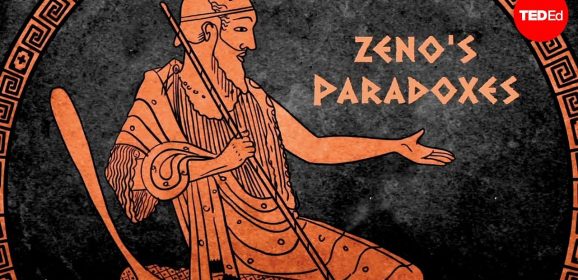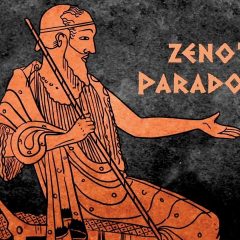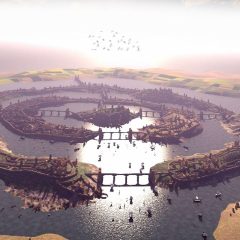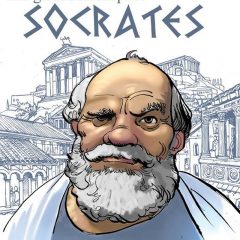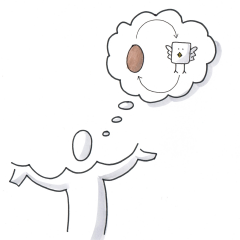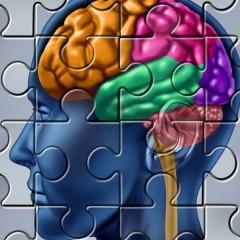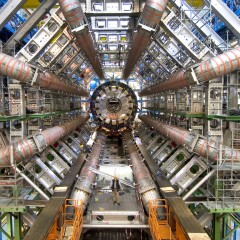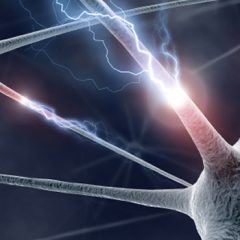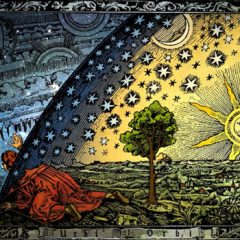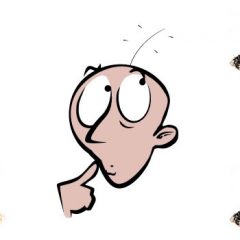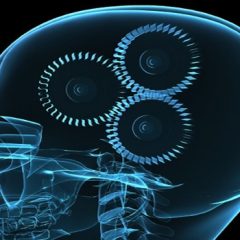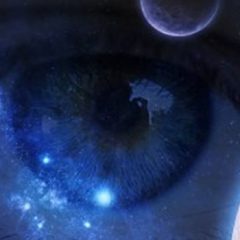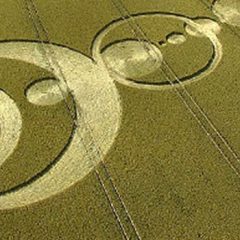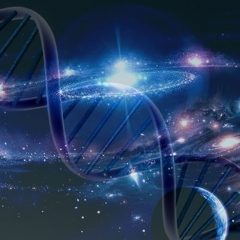The Race is on : Why the Greek Hero Hercules Can Never Beat a Tortoise in a Race – Zenos Paradox
Philosophy is full of perplexing paradoxical thought experiments and Zeno’s paradox is a real brain bender. It is about a race between the fleet-footed hero of the Trojan War Achilles and a tortoise.
How Should We Regard the Bible in the 21st Century?
The Bible can be a very pejorative term. Stirring good~bad~indifferent feelings But can we look at it through a different lens putting aside the baggage we bring? “How Should We Regard the Bible in the 21st Century?” … some thoughts & observations in this article
Mysteries of History : Atlantis
HISTORY RECORDS ACTUAL EVENTS whereas myths spin tales that help explain a culture’s worldview. It’s where history and myth intersect that we find some of the most enduring legends. In this particular article we look at Atlantis.
Socrates’ Antidote to Gossip – The Three Filters
As the saying goes “There’s nothing new under the sun”. And nothing is truer than when it comes to people gossiping, even in ancient Greece over 2,000 years ago. Here’s how the great Socrates dealt with it, his three filters.
Which Came First – The Chicken or the Egg ?
Okay as questions go this is a ‘doozy’ – as our American cousins would say. It’s a question that has perplexed humanity from as early as the ancient Greeks all the way to us in the 21st century, and we’re still dying to know : Which came first-the chicken or the egg ?
Is there a Place in our Brains where Consciousness exists ?
“We no longer have to wonder what self-awareness looks like – we can see it for ourselves” : A bold statement indeed. What we’re referring to here though is that scientists now believe that they can trace where they think conscientiousness physically sits in the brain
Who ‘discovered’ the Atom ?
The simplest of experiences can hatch eureka moments. Legend has it that despite all his inherited wealth and global travels, the ancient Greek philosopher Democritus hit upon one of the most fundamental of ideas in physics while sitting in the comfort of his own home.
Are you the same person you were 10 years ago ?
Are you the same person you were 10 years ago ? … a not unreasonable question when you consider that the cells in your body are constantly being replaced and regenerated. For example during a typical lifetime, humans get through around 900 skins and about half a dozen skeletons.
Why is there something rather than nothing?
Why is there something rather than nothing ? Or to put it another way why do we and for that matter the Universe exist ? These kinds of questions along with their proposed answers form a ‘set’ of philosophical conundrums known as The Cosmological arguments. The Cosmological Arguement Question : Why is there something rather than nothing? Answer : God Such are the beginning and end of the cosmological argument, and there...
When does a pile of sand become a heap ? – The Sorites Paradox
If you add individual grains of sand to a pile at some point it becomes a heap. But when ? Also what makes a heap, a heap ? In this article we look at how we traditionally approach problems with a certain type of logic and realise we may have to re-appraise how we do this.
What’s it like to be a bat ?
The field of philosophy can sometimes seem a “bit out there”. So when US philosophy Thomas Nagel asked the question “What’s it like to be a bat” was is just another odd philosophical question or does the question go deeper into what it the mind is and what is consciousness.
Are We Capable of Understanding the Universe ?
The pursuit of science is based on the belief that the explanations we seek are comprehensible to the human brain. But supposing they’re not? What if no human brain is well enough equipped to understand the universe. What if we are fooling ourselves?
What is Art ?
What is Art ? Can it be defined or is beauty really only in the eye of the beholder?
Ockham’s Razor – The Elegance of Simplicity
Pluralitas non est ponenda sine necessitate;” or “Plurality should not be posited without necessity.” A philosophical proposition that has shaped our world view.
The Anthropic Principle
Why does the universe have all the right physical characteristics to support intelligent life. How probable is it ? Does the universe only exist at all once it has conscious observers ?

